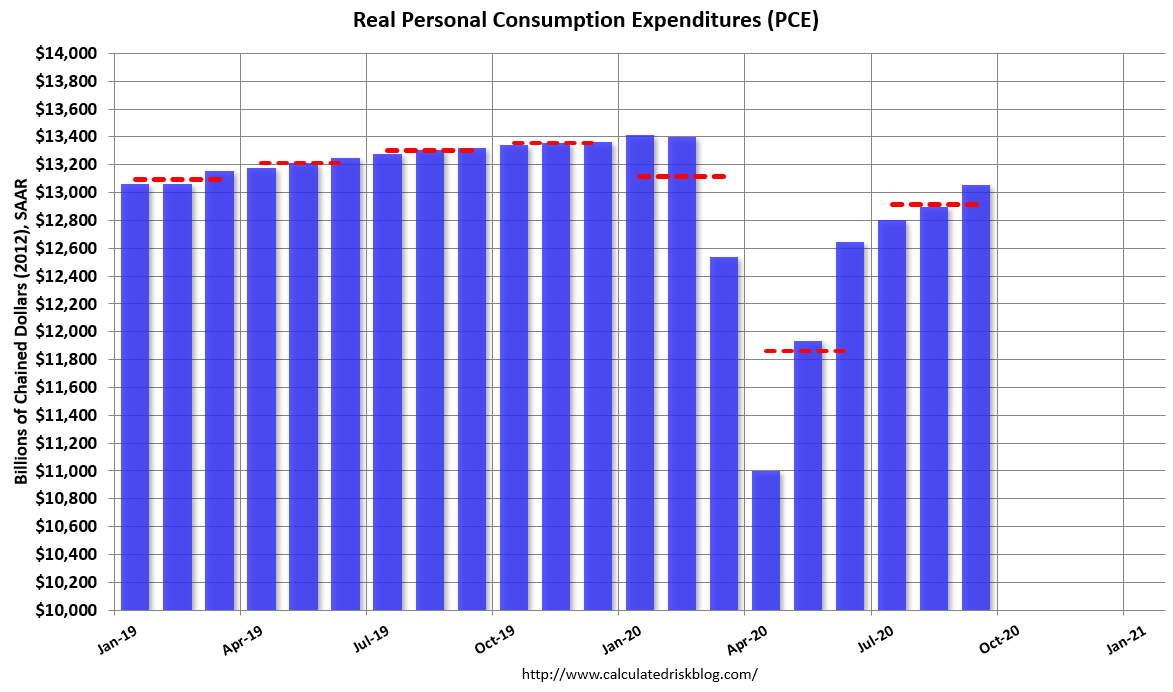Alexandria, Va. – Leading consumer bankruptcy professionals will converge online to provide their insights on a variety of important and timely topics pertaining to consumer bankruptcy practice at ABI’s 2020 Consumer Bankruptcy Forum. Held on November 11 via an innovative Zoom meeting environment, the Forum will feature content from the National Association of Bankruptcy Trustees (NABT), National Association of Consumer Bankruptcy Attorneys (NACBA), National Association of Chapter 13 Trustees (NACTT), National Conference of Bankruptcy Judges (NCBJ), and ABI’s Hon. Eugene R. Wedoff Seventh Circuit Consumer Bankruptcy Conference and Hon. Steven W. Rhodes Consumer Bankruptcy Conference. The Forum will provide the perfect way for consumer bankruptcy practitioners to stay on top of the latest industry trends — all from the comfort of their home or office for the low price of $100! This program is eligible for 6.25/7.5 hours of general CLE/CPE credit, including 1.25 hours of mental health/professionalism and 1.25 hours of diversity and inclusion.
Sessions for the Consumer Bankruptcy Forum include:
- Veterans Day Tribute & Welcome
- Consumer Case Law Update
- It Ain’t Over ’Til It’s Over: Identifying and Addressing Issues Arising at the End of Chapter 13 Cases
- Racial Disparities in the Bankruptcy System
- Stress and Lawyers
- Advanced Issues in Chapter 13 Practice
- After the Love (and the Money) Is Gone: The Intersection Between Bankruptcy and Divorce
- Issues with Means Testing and Schedules I and J
- Duties and Obligations upon Conversion
- Chapter 13: The Problem, or the Solution?
- Best Practices for Virtual Meetings
- COVID-19 and Bankruptcy
- Student Loans, Reexamined
For more information about the program, please click here. Members of the press that would like to attend the Consumer Bankruptcy Forum should contact ABI Public Affairs Officer John Hartgen at 703-894-5935 or jhartgen@abi.org.
###
ABI is the largest multi-disciplinary, nonpartisan organization dedicated to research and education on matters related to insolvency. ABI was founded in 1982 to provide Congress and the public with unbiased analysis of bankruptcy issues. The ABI membership includes nearly 11,000 attorneys, accountants, bankers, judges, professors, lenders, turnaround specialists and other bankruptcy professionals, providing a forum for the exchange of ideas and information. For additional information on ABI, visit www.abiworld.org. For additional conference information, visit http://www.abi.org/calendar-of-events.
Friday, October 30, 2020


